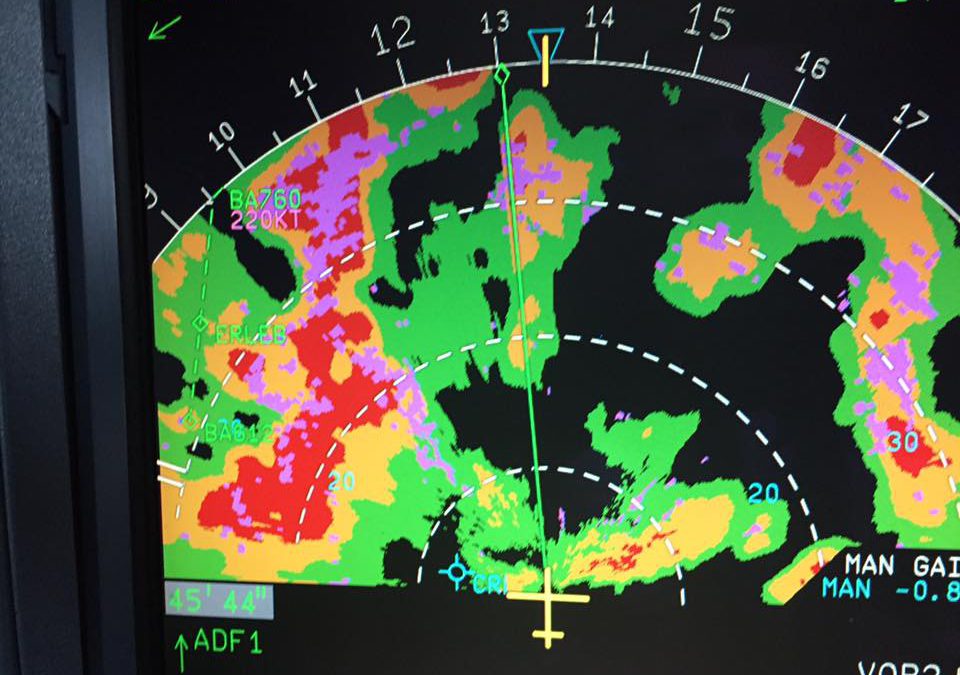Note as of 14 May 2019: FAE-1 and FAE-2 rules have been repealed by Faculty Council Decision of 14 May 2019. Thus, all references to these rules below shall be ignored. The remaining recommendation will be maintained.
Faculty Executive Board of FAE in the 24 January 2018 meeting analyzed the ways the academic community understands and applies the Rules of Undergraduate Studies and Master Studies regarding the progression and modules recovery and the results of applying FAE1 and FAE2 Rules issued by the Faculty Council on 21 September 2017, making the following recommendations:
These recommendations apply to both undergraduate and master studies.
2.1. Teaching staff should apply the UPB Rules and work with integer number of points (percentages) and not fractional points.
2.2. Teaching staff should redo the Discipline Description if the laboratory points exceed 50% of the points for the entire discipline, i.e. the weight of the laboratory should be maximum 40% (half the maximum number of points for the activities during the semester) and only exceptionally 50%. The rationale of this recommendation is to allow the students to redo a discipline in the resit session under the new FAE2 rule, considering abnormal to deny a students the recovery of a failed module during the September resit session (May session for the terminal years).
Article 17 of the Rules of the Undergraduate Studies provisions that the Department Director approves the allocation of the points, and the Discipline Description is a document under the approval of the Faculty Council. We recommend to the Faculty Council to deny approval for the Discipline Description which do not meet this recommendation.
2.3. In the resit sessions (September, and May respectively, for terminal years) the students who failed the module in the course of the current UY shall be granted the possibility to recover the number of points for the activities during the semester with the exeption of the labs, which cannot be redone due to logistic reasons. However, even for labs, the Faculty Executive Board recommends to the teaching and laboratory staff to facilitate to these students to redo at least 1/6 of the lab sessions (1 session for disciplines with 7 lab weeks, and 2 sessions for the disciplines woth 14 lab weeks, respectively). The other activities during the semester may be recovered by resits of partial exams, tests, verification papers, home assignments, seminar problems, seminar papers, laboratory papers etc.
2.4. The students have the right to take the exam or the final test even if mathematically they will fail due to the FAE1 rule. That is because all points won are valid and further maintained. In the resit session, only the missing parts of the total points are redone, or to improve the number of points for each part.
Moreover, the Faculty Council in the meeting dated 29 Nov 2018 decided that:
2.5. For those disciplines with low weight final test (30% or below), the final test will include subjects that cover at least 80% of the syllabus. This will be implemented either by a number of at least 8 distinct subjects, or with synthesis subjects but having a key to correct with at least 8 sub points.
These recommendations and clarifications will be published for the academic community.
Fulbright Student Award
The program Fulbright Student Award has opened for the UY 2019-2020. The program targets Romanian students and doctoral students who are interested to study master programs or doctoral research (non-degree) in the United States. <Info Sheeti> Corina...
Air Navigation Convention 2018
Air Navigation Convention 15th -16th of March 2018 Reaching its 9th edition, the Air Navigation Convention is an important event organized by students of the Air Navigation Department of the Faculty of Aerospace Engineering. Everything starts from the desire to...
E-SGAC Bucharest 2018
Photo: www.esa.int Prof. Dr. Kai-Uwe Schrogl, Chief Strategy Officer at the European Space Agency (ESA) addressed the young community of the space generation at the 3-rd European Space Generation Workshop (SGAC), which took place in Bucharest, on 9-10 March...
Private Pilot Licence SSAvC Scholarships
Courtesy of Eng. George Barbu, CEO of the Aviation Academy and Alumnus of the Faculty of Aerospace Engineering, we announce this opportunity: On the occasion of the Great Union Centenary, as a sign of gratitude for the values that the Faculty of Aerospace...
Faculty Story
The story of the Faculty of Aerospace Engineering is mainly the story of its students. Daniela Andrioaie is a 3rd Year student of the Faculty of Aerospace Engineering, Aeronautical Constructions program of studies. She came to this faculty from a pretty long distance,...
Openings at Alten
The French company Alten located in Toulouse advertizes the following openings which match the profile of our graduates: - System Design - Electrical installation - Project management Contact data of Mr. Vincent Castanet, business...
Job Opening at Bretigny
By courtesy of our Alumnus, Eng. Răzvan Mărgăuan, we invite our students, master students and fresh graduates to consider this job opening at the EUROCONTROL Experimental Center (near Paris) in domain of ATM Simulation and Modelling (including BADA). <Job...
Invitație în Asociația Alumni Politehnica Aerospace Engineering
We invite all our graduates, engineering, bachelor, master, advanced and doctoral studies to register in our Alumni Politehnica Aerospace Engineering Association. The Faculty of Aerospace Engineering gave the Romanian and World aviation an prestigious gallery...
114 Years of Aviation
Today in 1903: Wilbur and Orville Wright made four brief flights at Kitty Hawk, North Carolina, with their first powered aircraft. This photo was taken as Orville piloted the Wright Flyer on its first flight of the day, which lasted 12 seconds and covered 36 m (120...
MS Regele Mihai
The academic community of the Faculty of Aerospace Engineering is in pain and deep sorrow for the loss of HM King Michael I of Romania (1921-2017). The King was a passionate of technology, especially of aviation. Some pictures that we found illustrate this...


0 Comments